Capturing much of the country’s attention is legislation to reform gun law which the Government aims to pass today.
The Arms (Prohibited Firearms, Magazines, and Parts) Amendment Bill is set down to go through the two final stages in the House today before it's sent off for Royal Assent.
The details on that and other legislation the House plans to work through are below.
Question time - 2pm
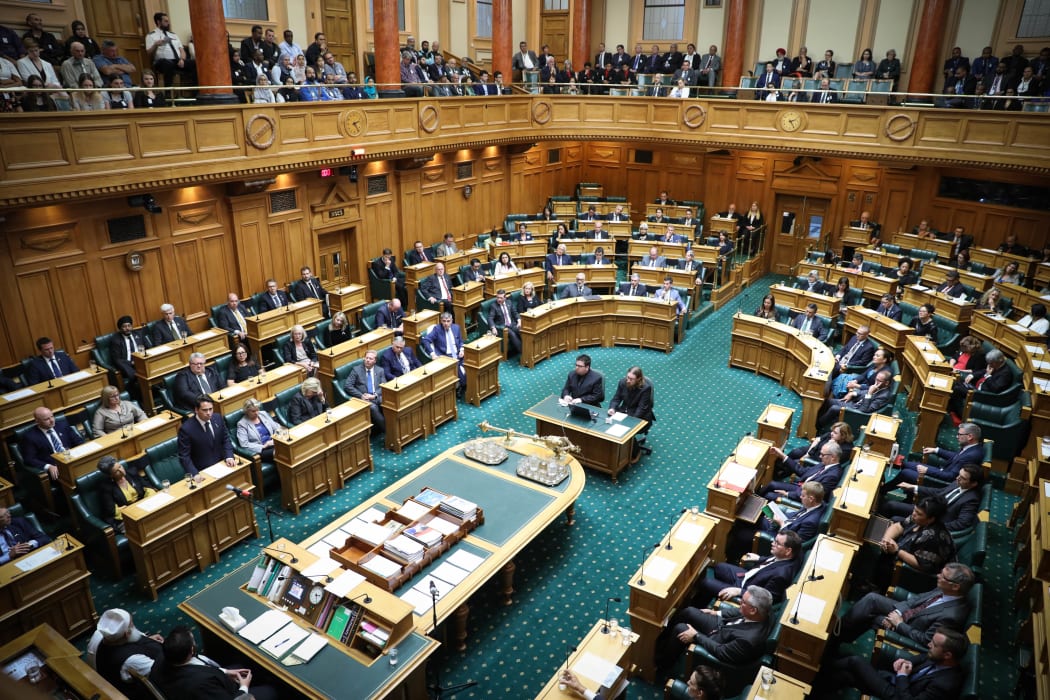
National Party Leader Simon Bridges speaks in the debating chamber. Photo: VNP / Daniela Maoate-Cox
After the prayer and introduction of any bills or presentation of petitions/papers will be the ever popular question time.
It consists of up to 12 questions to ministers either from opposition MPs trying to expose government failings, or from backbench governing party MPs giving ministers a chance to argue in support of the status quo.
Taupatupatu Whānui - The General Debate 3pm(ish)
What
-
Twelve speeches of up to five minutes in length. Bigger parties get more speeches.
Why
-
The general debate exists so MPs can bring up issues that debates on legislation don’t allow them to cover, so it can range widely. Sometimes each party coordinates their talking points but that’s optional. There’s fewer rules generally and it can be both raucous and entertaining.
Gun law reform - committee stage and third reading
What:
-
Arms (Prohibited Firearms, Magazines, and Parts) Amendment Bill
-
Normally a bill cannot go through more than one stage on a sitting day but permission was given by the House last week for this bill to be progressed more quickly than usual.
-
A committee stage is when parts of the bill are examined in detail. It can be one of the longest stages in the House with multiple speeches allowed from each MP on each part, which makes it a good place to slow proceedings down. Suggested changes from the Select Committee stage will be considered at this point as SOPs (Supplementary Order Papers).
-
A third reading debate is 12 speeches of up to 10 minutes in length and is often a reflection of the bill in its final state.
-
The Bill restricts access to assault rifles and MSSAs, associated parts, and large-capacity magazines.
-
It bans the parts of prohibited firearms or any part that can enable a weapon to be fired as a semi-automatic or fully automatic firearm.
-
It allows for a small number of tightly controlled exemptions for professional animal cullers, licensed firearms dealers and bona fide collectors including museums, and for film and theatre companies.
-
It introduces a number of new offences. Offences will include possessing, using, presenting, supplying, selling, manufacturing, and assembling a banned firearm. The offences attract penalties ranging from up to three years' imprisonment to 10 years' imprisonment depending on the nature and seriousness of the offence.
-
And it allows for an amnesty for returning firearms to licenced dealers or police by 30 September 2019. A buy-back scheme has also been announced.
Select committee report
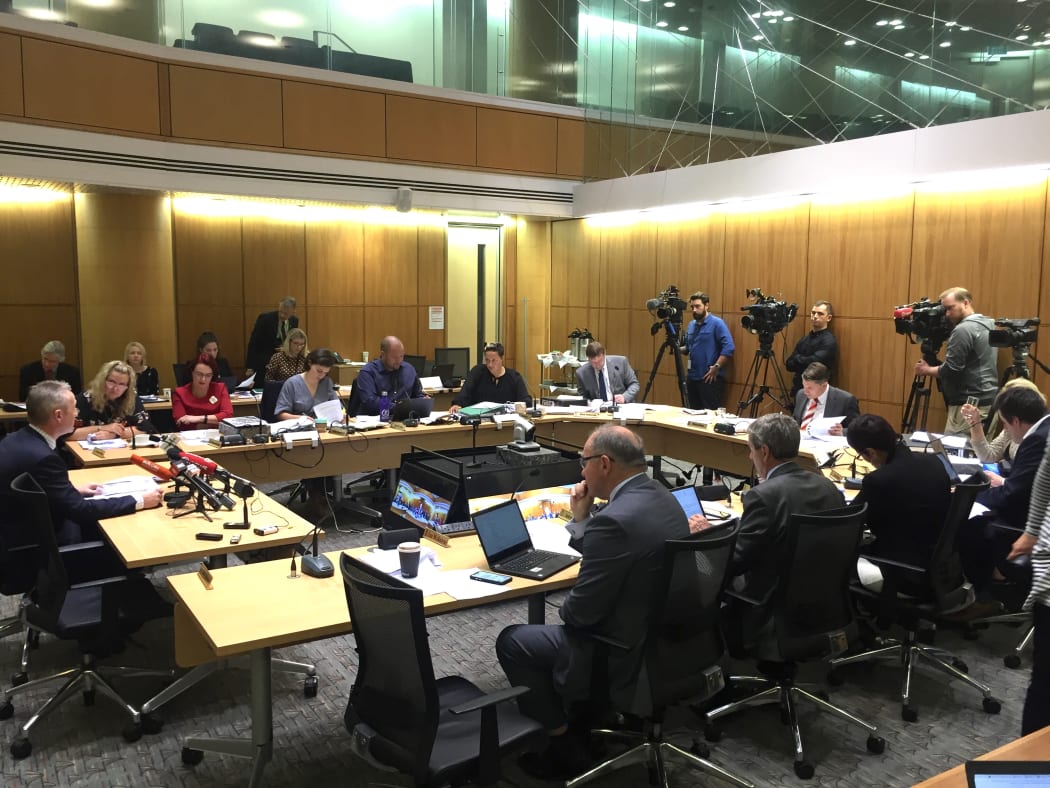
The Finance and Expenditure Committee hears submissions on gun law reform. Photo: VNP / Phil Smith
The select committee process was much faster than usual for this bill.
The Finance and Expenditure Committee received 13,062 submissions and heard from 22 submitters in person.
Of the submissions received, about 60 percent supported the bill, 26 percent were opposed to the bill, and 14 percent expressed another view.
The Committee received the bill for consideration on April 2 and reported back to the House on April 8. It said the bill should be passed but that its recommendations should also be considered by the House
Suggested changes include:
-
Add a narrow exemption for a prohibited item to be used by specialised businesses for pest control purposes on private land (e.g. farms) or non-conservation land.
-
Include Canada Geese in the wild animals or animal pests group
-
Remove a requirement for a permit if a person is importing part of a restricted airgun.
-
Allowing collectors of firearms to store a vital part of a prohibited firearm at a separate address which would be regulated by the police. The Green Party opposed this recommendation saying collectables should be rendered inoperable.
-
Clarify the “reverse onus of proof” which means the owner of any land, building, or vehicle where a prohibited item is found is presumed to be in possession of it unless they can prove otherwise; kind of a “guilty until proven innocent” view. The Committee said this would be unfair if a person was found in possession of a prohibited part of a firearm and anyone with a reasonable excuse shouldn’t be criminalised for that.
-
Insert a provision so the Governor General can declare a time-limited amnesty for newly prohibited items
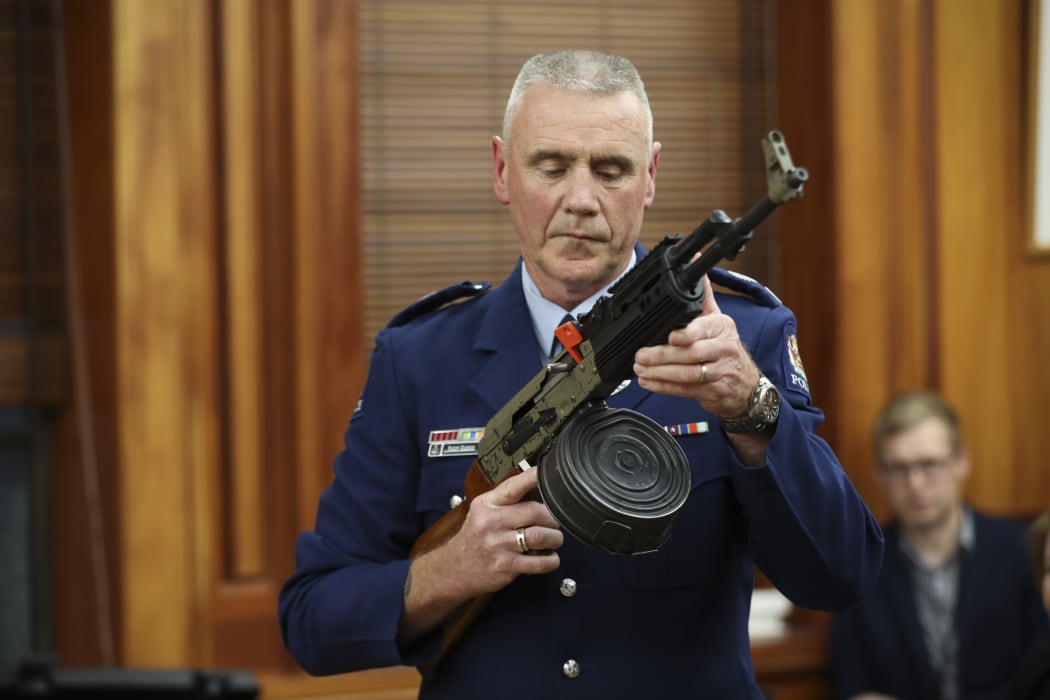
Police officer Paddy Hennan demostrates illegal gun modifications to MPs on the Finance and Expenditure Committee. Photo: RNZ / Ana Tovey
Why:
-
The Government pledged to reform the country’s gun laws following a terror attack on two mosques in Christchurch last month.
-
The process has been much faster than would normally happen for a bill, a move that has drawn both criticism and support.
-
At a select committee last week Police demonstrated to MPs how the gunman was able to buy his guns and magazines legally with his category A gun licence, and then bring them together to create an illegal and deadly combination. Deputy Police Commissioner Mike Clement said the Bill will make it more difficult to convert one type of firearm into another and stop the avoidance of stricter firearms classifications via minor modifications.
Winter Energy Payments - committee stage

Photo: 123rf
What:
-
This bill makes sure that social security legislation allows the payment of the Winter Energy Payments that the government has planned for this year. A drafting flaw meant some weren't covered by the earlier legislation.
-
Payments are planned for the 22-week period starting on 1 May 2019 and will be automatically paid to many beneficiaries and pensioners.
Who:
-
Social Development Minister, Carmel Sepuloni is the minister in charge.
Encouraging research and development - second reading
What:
-
It will introduce a research and development tax credit to encourage businesses to do more, wait for it, research and development.
Who:
-
Minister of Research, Science and Innovation Megan Woods is in charge of this bill.
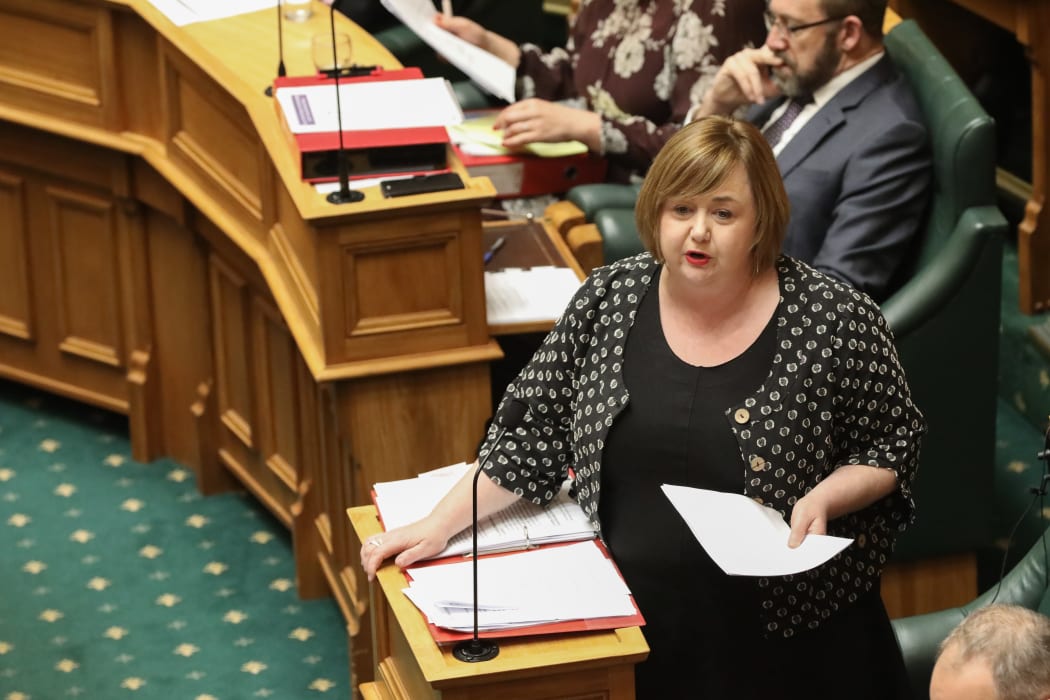
Photo: VNP / Phil Smith
MP says what?
-
At its first reading Megan Woods said the over $1 billion was allocated for this initiative in Budget 2018 and that it is a “key lever to deliver on our coalition agreement with New Zealand First to increase R & D expenditure to 2 percent of GDP over 10 years.”
-
Also speaking at the bill’s first reading, National MP Andrew Bayly said the details are lacking on how the allocated $1b will be managed to avoid a “blowout” as had happened in Australia.
“They originally budgeted for a $1.8 billion research and development scheme. That was put in place in 2011,” he said.
“That subsequently blew out by roughly half, to $3 billion. That's the nature of the scheme that's been proposed by the Government. The Minister has claimed that, no, that's not going to happen with this scheme and she's going to put in mechanisms to make sure that it doesn't take place.”
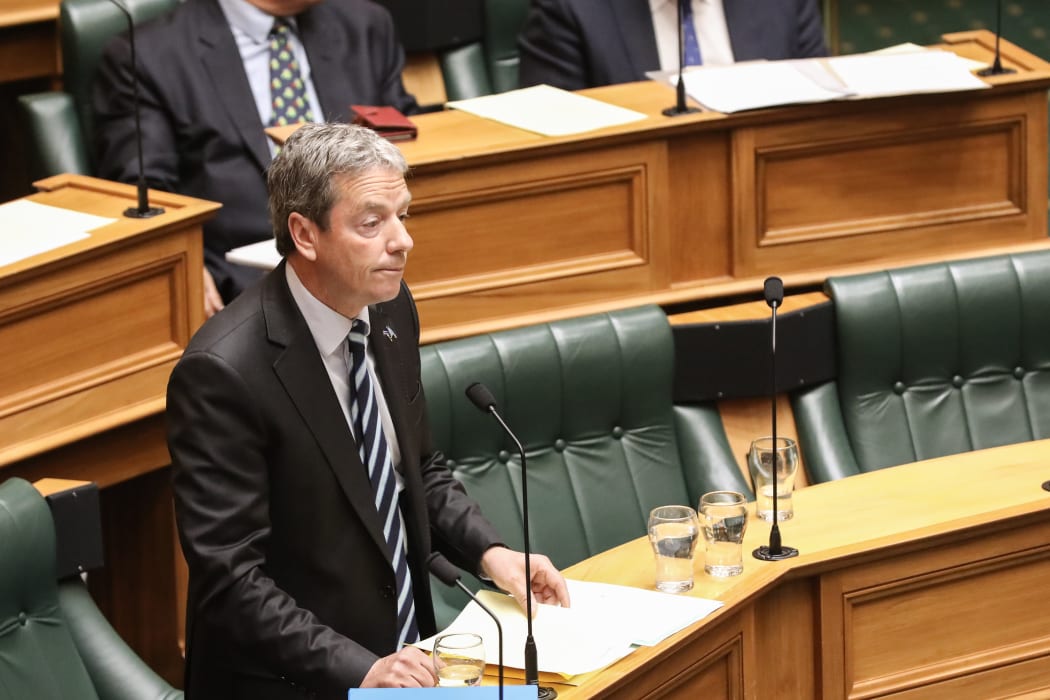
National MP Andrew Bayly in the House Photo: VNP / Phil Smith
Check how much the House of Representatives work through each day on Parliament’s website.


